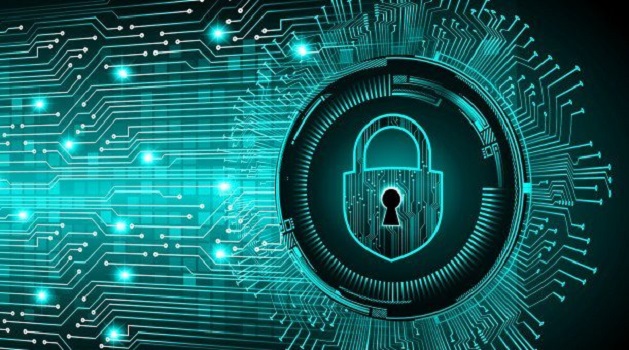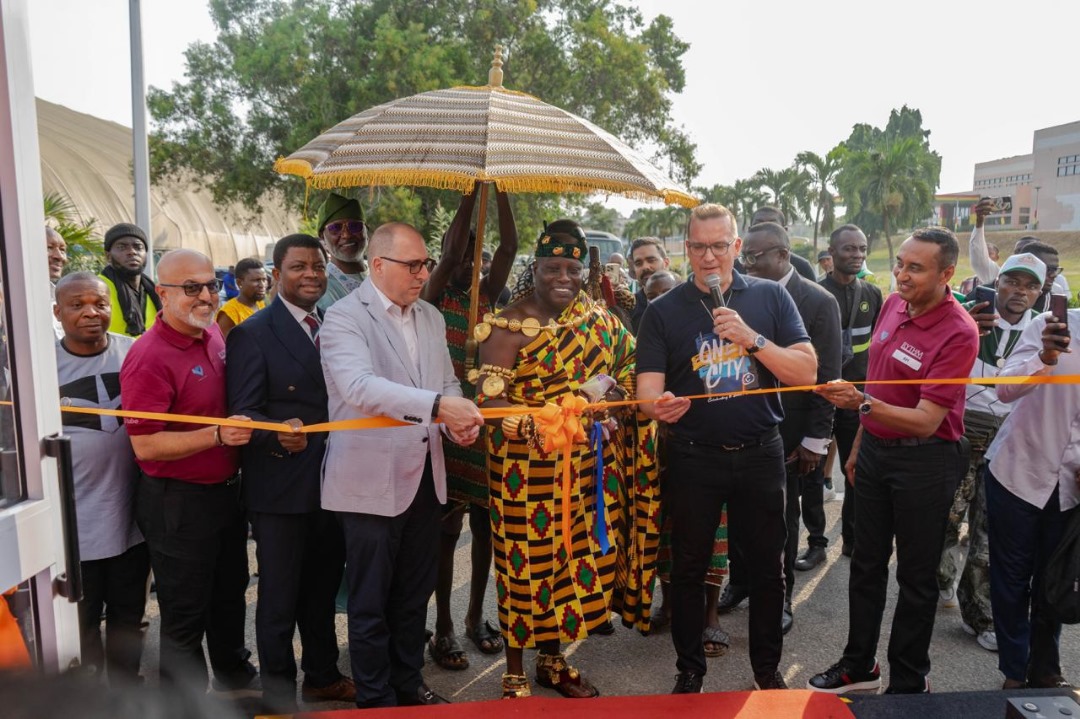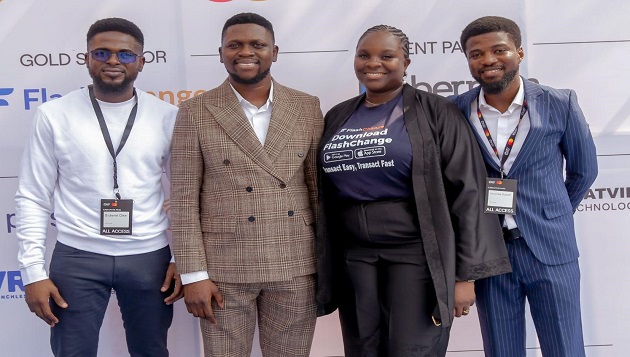General News
Delay in Polls Dangerous for GEJ, Good for Boko Haram, Buhari

The call for the postponement of the February general elections in the country may benefit Boko Haram, the Islamist militants group and Muhammadu Buhari more than the nation’s democracy, according to TIME Magazine.
Also, the TIME reported that if Boko Haram continues with its campaign of deadly bombings— a delay in elections might actually harm Jonathan’s chances.
Incumbent President Goodluck Jonathan is facing a strong challenge from former general Muhammadu Buhari.
Jonathan’s record on fighting Boko Haram is weak, and Buhari has made security the cornerstone of his campaign.
In the end, delaying the elections could end up benefitting Boko Haram the most.
More debate on who should be the next president means less attention on what should be done about militancy.
Over the past five years, an insurgency led by Boko Haram group has driven 1.6 million Nigerians from their homes in the country’s northeast.
So it comes as a bit of a surprise that Independent National Electoral Commission (INEC) is only now starting to voice concern about how those citizens will vote in upcoming presidential elections, slated for February 14th.
On February 4, just ten days before the start of polling, INEC commissioner Amina Zachary told Reuters that the elections may have to be delayed over fears that not enough registered voters would actually be able to cast ballots.
At issue is the requirement that citizens vote where they are registered — difficult enough when Boko Haram threatens to launch squads of suicide bombers across the region in the run up to the election; impossible when your hometown is under militant occupation, as 20 out of 27 local governorships are in the three northeastern states of Borno, Adamwa and Yobe.
The commission is also worried about the slow rollout of its anti-fraud system. Each voter must have Permanent Voter Card (PVC) in order to cast a ballot.
The cards are digitally embedded with the voter’s fingerprint and can be read by a small battery powered scanner. If the voter’s fingerprint doesn’t match the information on the card, they won’t be issued a ballot.
This is designed to prevent accusations of ballot box stuffing that have marred past elections.
But the problem is that not all voters have their cards yet. Only 44 million out of 68.8 million registered voters have received their cards, according to INEC, many of them in areas plagued by insurgency.
In theory, would-be voters can pick up their cards at government offices, but not if fighting shuts those offices down.
INEC has extended the deadline for picking up voter cards to Feb 8, but if the number of cards distributed by then is too low, the commission may decide to postpone the vote. “Let’s see how the PVC distribution goes,” Zachary told Reuters. “Then maybe.”
It’s not just INEC that is concerned. In January, President Jonathan’s national security advisor Sambo Dasuki also suggested that the vote be delayed, for the same reason.
And on February 3, about 100 protestors stormed INEC headquarters, brandishing placards demanding a delay. “INEC, do the right thing,” they chanted. “We demand for the extension of election to allow Nigerian exercise their franchise.”
Never one to pass up a good conspiracy story, Nigeria’s Premium Times newspaper posited that the protestors, and Dasuki, may have been put up by Jonathan supporters who feel that their candidate might benefit from a longer campaign season.
General News
Government, Development Industries Report Threefold Decrease in Critical Cyber Incidents in 2024

According to the latest Kaspersky Managed Detection and Response (MDR) analyst report, government and development industries experienced a significant decrease in the number of high-severity incidents with direct human involvement in 2024, whereas the food, IT, telecom and industrial sectors demonstrated an increase.

The annual Managed Detection and Response (MDR) analyst report provides insights into detected incidents, their nature and their distribution across various industries and geographic regions.
Additionally, it emphasises the most common tactics, techniques and tools used by attackers over the previous year. The data is based on analysis of incidents detected by Kaspersky MDR.
Compared to 2023, the mass media, development and telecoms industries experienced a significant increase in the number of incidents.
However, when examining high-severity incidents – those that feature direct human involvement – the distribution reveals notable differences.
In 2024, the MDR team identified that the majority of high-severity incidents occurred in IT (23%), followed by the government (18%) and industrial sectors (18%).
The report highlights a significant decrease in high-severity incidents within the government and development sectors, while the number of such incidents in the food sector increased.
Additionally, a relatively large rise was observed in the industrial sector, alongside a slight increase in retail, IT and telecoms. Interestingly, despite the mass media sector facing a substantial increase in overall incidents, this trend did not translate into a corresponding rise in high-severity incidents.
This observation shows that many attack attempts were swiftly detected and mitigated, effectively preventing their severity from escalating beyond medium levels.
“In 2024, we revealed a shift in the landscape of cyber threats, with high-severity incidents increasingly concentrated in the food sector, underscoring the necessity for cybersecurity measures in this area.
While the overall number of incidents surged in sectors like telecom and mass media, the resilience demonstrated in swiftly detecting and neutralising potential threats highlights the importance of proactive measures.
As attackers refine their tactics, organisations must adapt by investing in robust cybersecurity solutions that combine advanced technologies with expert oversight,” comments Sergey Soldatov, Head of Security Operations Center at Kaspersky.
To strengthen your company’s protection against sophisticated attacks, deploy robust cybersecurity solutions and hire qualified practitioners to manage them or adopt managed security services such as Managed Detection and Response and Incident Response.
These security services encompass the complete incident management cycle from threat identification to continuous protection and remediation. They assist in safeguarding against evasive cyberattacks, investigating incidents and offering expert support even if a company lacks security workers.
General News
Ghana Shines as Host of QNET’s Groundbreaking V-Africa 2025 Event

Ghana took center stage as the host of QNET’s highly anticipated V-Africa 2025, a regional edition of the company’s flagship convention.

From February 20 to 23, 2025, the Accra International Conference Centre welcomed over 4000 participants from across the Sub-Saharan Africa region to experience four days of empowerment, networking, and innovation.
The convention spotlighted QNET’s exclusive product offerings, which provide immersive entrepreneurship training and contribute significantly to Ghana’s tourism and economic growth. V-Africa 2025 showcased Ghana as a hub for entrepreneurial excellence.
Trevor Kuna, Chief Marketing Officer for QNET, expressed his enthusiasm: “Hosting V-Africa 2025 in Ghana is a testament to our commitment to supporting entrepreneurs in Africa.
This event isn’t just about showcasing our brand—it’s about empowering individuals to achieve their dreams while contributing meaningfully to local economies. We look forward to welcoming media representatives to witness QNET’s transformative impact firsthand.”
Empowering Entrepreneurs, Celebrating Culture
The itinerary for V-Africa 2025 included product workshops, dynamic training sessions on business building and entrepreneurship, and an exhibition featuring QNET’s signature product brands, such as HomePure range of home care products, Amezcua’s wellness range, Swiss watch brand Bernhard H. Mayer’s new Collection, and more.
Attendees gained invaluable insights into QNET’s ethos of wellness, sustainability, and entrepreneurship, setting the stage for lasting business growth.
Biram Fall, QNET’s Regional General Manager for sub-Saharan Africa, elaborated on the event’s local significance: “V-Africa 2025 will leave a lasting legacy by empowering Ghanaian entrepreneurs and supporting Ghana’s tourism industry.
“This is more than a business convention—it’s a platform for connection, growth, and transformation.”
Driving Tourism and Economic Growth
As one of the largest events of its kind in Ghana, V-Africa 2025 attracted participants from 25 countries, providing a boost to the local hospitality, transportation, and tourism sectors.
QNET’s commitment to Ghana includes partnering with local stakeholders to ensure the event delivers long-term benefits to the community.
General News
FlashChange CEO Seeks Regulatory Clarity in the Blockchain and Cryptocurrency Industry

FlashChange, a forward-thinking financial service company that is redefining how digital assets are traded and managed has recently participated at the Lagos Tech Fest, a two-day event that brought together key stakeholders, industry leaders, and tech enthusiasts to discuss the future of technology in Africa.

The CEO of FlashChange, Bidemi Oke made a strong argument for more transparent regulations in the blockchain and cryptocurrency industry at the event, where he stressed the necessity of structured legislation to promote innovation, safeguard investors, and propel economic progress.
Speaking during a panel discussion alongside other panelists on Crypto in Nigeria: Fintech Integration, Real-World Applications and Opportunities, Oke emphasised the difficulties companies encounter because of legislative ambiguity. He urged legislators to work with industry players to create rules that promote responsible expansion while guarding against abuse.
“The potential for blockchain and cryptocurrencies to transform finance and promote financial inclusion throughout Africa is enormous. However, companies and investors continue to have doubts about the industry’s future in the absence of clear regulations. We must develop a framework that strikes a balance between innovation and consumer protection,” Oke remarked.
As one of Nigeria’s top cryptocurrency exchange platforms, FlashChange, has been leading the charge to encourage secure and effective digital asset transactions. While maintaining adherence to international standards, the business keeps pushing for laws that encourage the expansion of the sector.
The Lagos Tech Fest provided a forum for thought-provoking conversations about how technology, finance, and regulation interact in Nigeria. Many industry participants who agreed that a methodical and forward-thinking approach to blockchain governance was necessary found resonance in Oke’s support for regulatory clarification.

 Telecom2 days ago
Telecom2 days agoSpaceSail, Kuiper Battle Starlink for Souls of Customers

 E-Financial2 days ago
E-Financial2 days agoAfDB, Standard Bank Unite to Support SMMEs and Boost Trade

 News2 days ago
News2 days agoTD Africa’s Accra Synergy Summit to Ignite Tech Transformation in Ghana

 News2 days ago
News2 days agoFuel Scarcity Looms as Marketers Threaten Strike over N100Bn Debt

 Broadcasting2 days ago
Broadcasting2 days agoMultiChoice Announces Fresh Price Hike for DStv, GOtv Packages

 News2 days ago
News2 days agoNigeria’s Zuriel Oduwole Nominated for 2025 Nobel Peace Prize

 E-Business2 days ago
E-Business2 days agoGmail to Replace SMS Codes with QR Authentication

 Telecom2 days ago
Telecom2 days agoSmartcash PSB Wins Outstanding Payment Service Bank at New Telegraph Awards



























